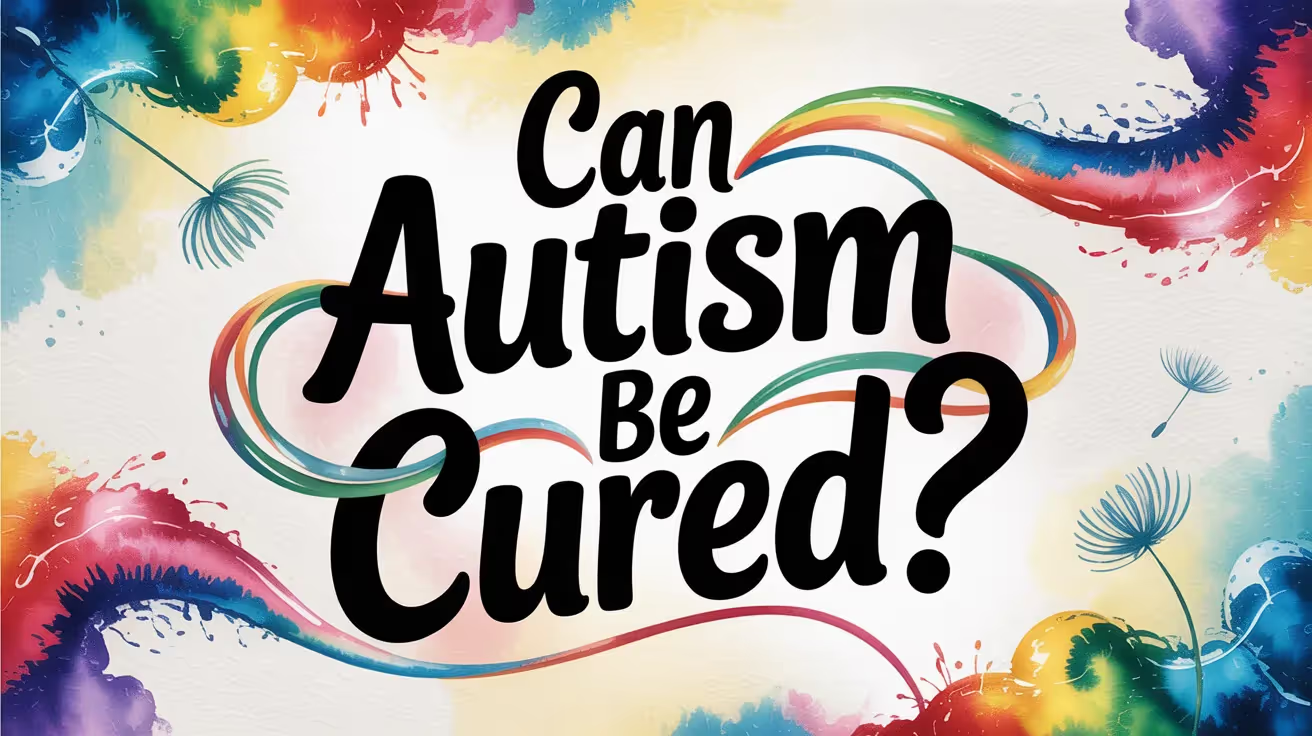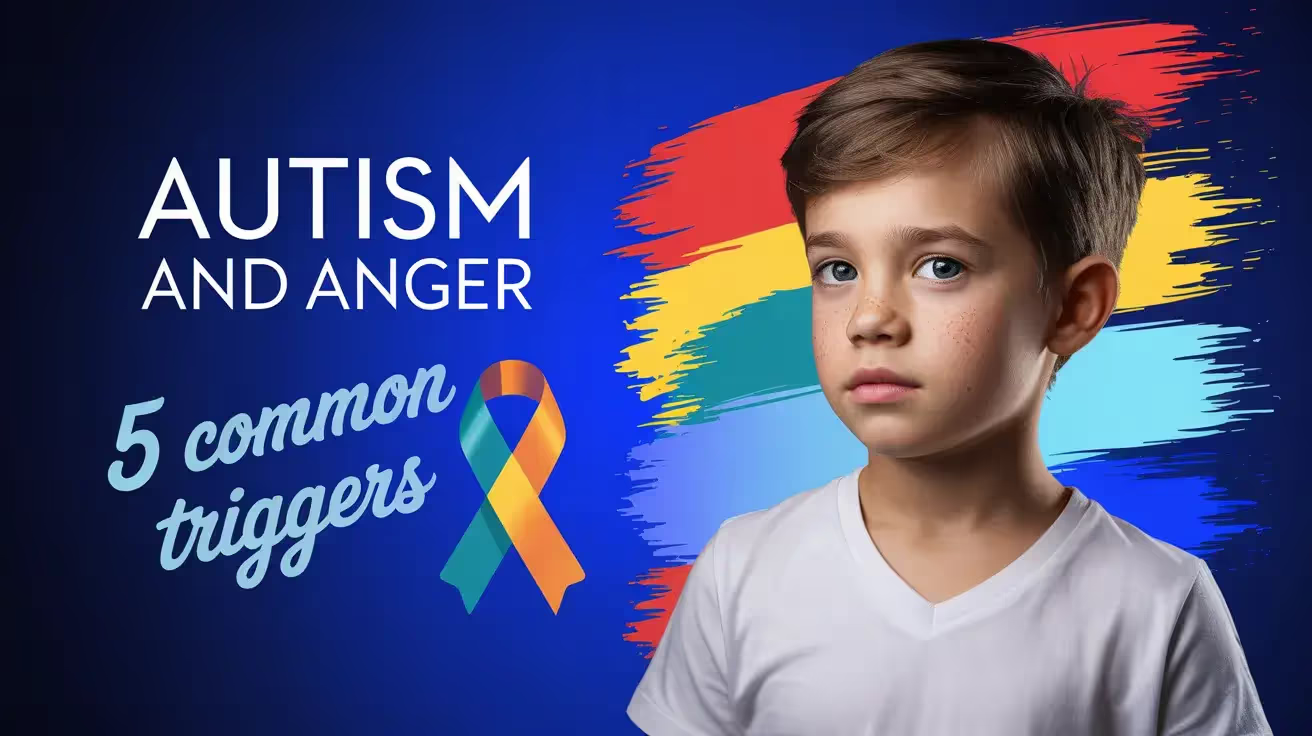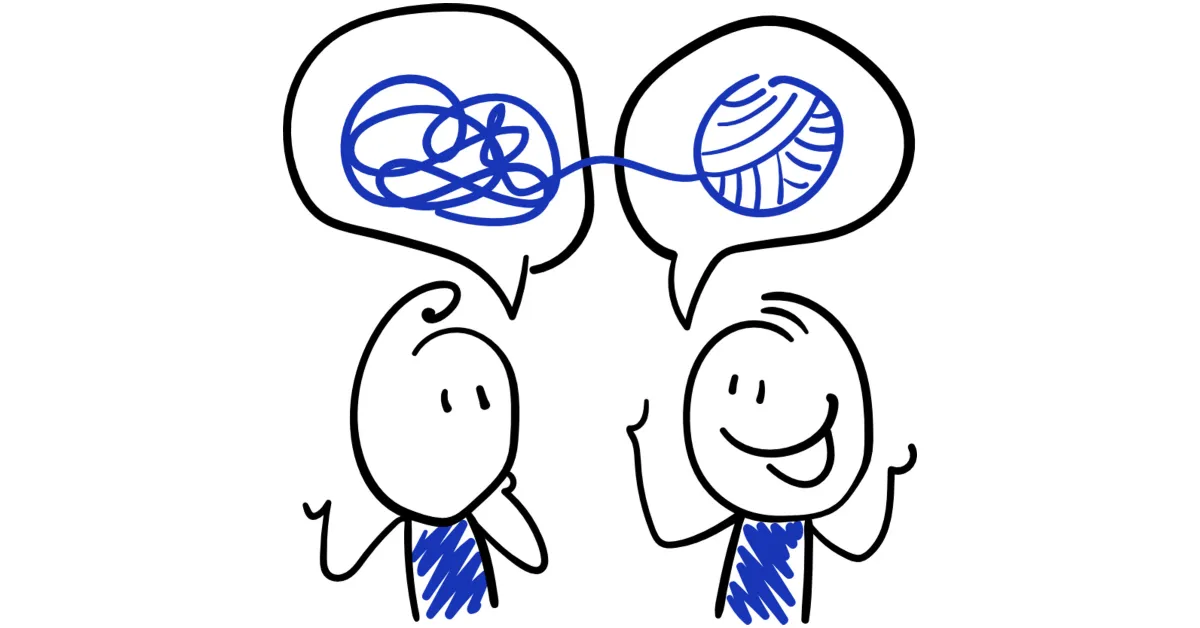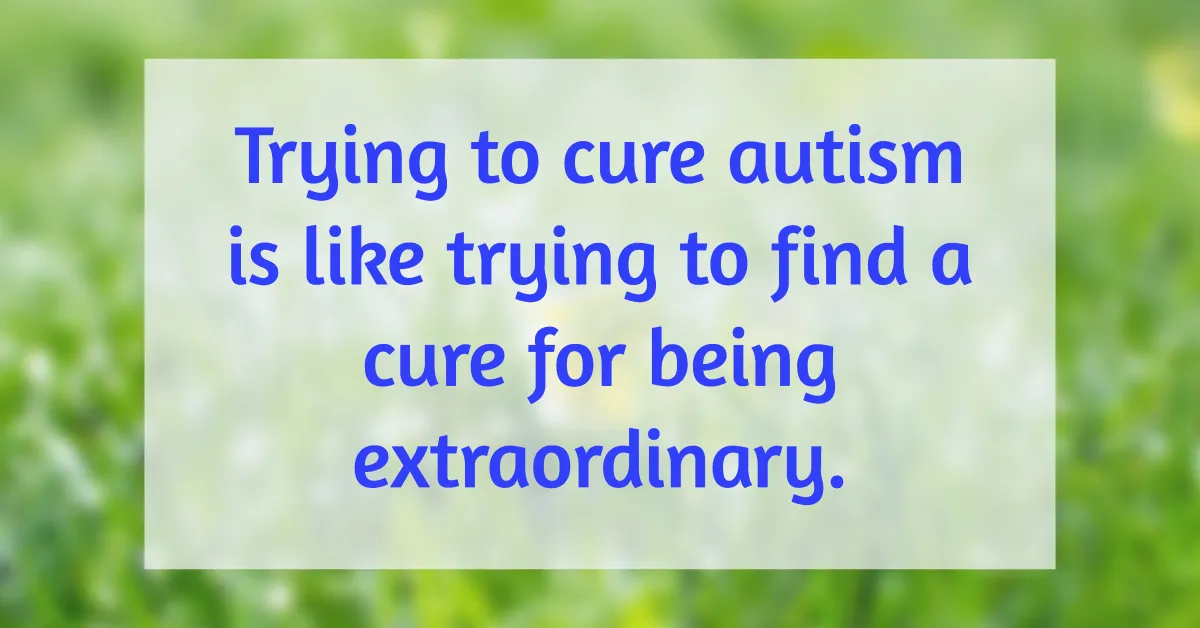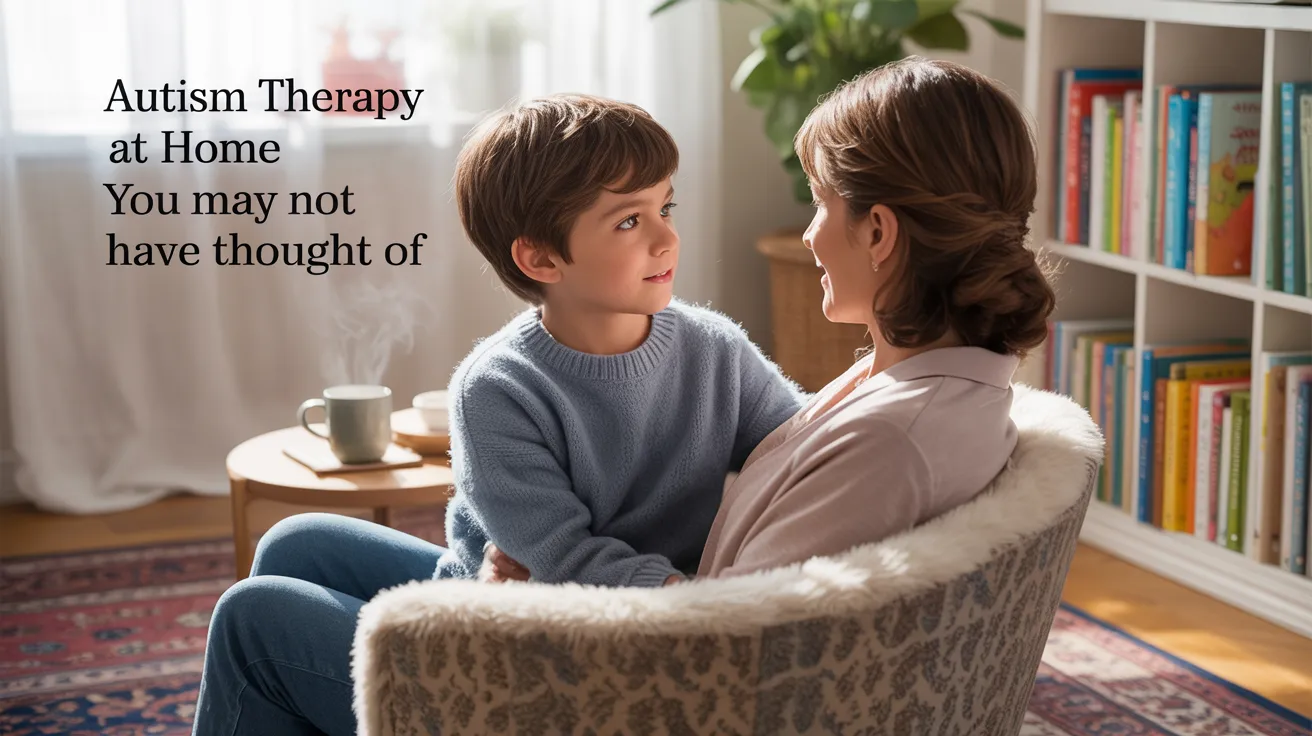Are Autistic Kids Really So Rigid?
Why do we pick on kids with ASD for being rigid?
Having a child on the spectrum changes you forever in so many ways. One way is that they change the way you think. They do this by forcing you to self reflect and forcing you to reflect on your way of thinking and how you see the world.
You go through many phases in your parenting, and having a child with Autism pushes you to learn new approaches and question more things than you would have without your unique child. One of the early realisations is that kids on the Autism spectrum are rigid. We realise they are rigid because books and many people tell us that kids with ASD are rigid. We then notice their rigidity. We see that they need things to be just a certain way. If they have a particular thought, they won't engage in our conversation or move to the subject that we are trying to involve them in. They will remain in their thought pattern and confirm our belief that they are rigid.
When they are in a learning environment such as school, they may be engrossed in a task, and when it's time to move on to a new activity, they firmly want to continue until they are finished. They don't want to transition to a new activity when they'd like to spend more time on the current task.
We as parents, then receive the feedback that our child is very rigid, and can't easily transition to a new activity. They don't have the flexibility to move with the changes in the class.
It's an eye-opening day, however, when we realise that we're judging our kids for their rigidity, and find that we are just as rigid. It's just that we're right and they’re wrong. They have to do what we want because we said so. We're the boss. We expect them to change, adapt and be flexible to fit into our narrow, rigid and routine based world.
They then resist fitting in with our wants and desires and push back against us. We judge them as being stuck on what they want, rather than doing what we want. They get frustrated and act out, and we judge them further. They get anxious for not be able to fit in with our wants and our standards, and we judge them even more.
Don't underestimate the impact of anxiousness caused by them not meeting our expectations. When you as a parent (or teacher) realise that kids that cannot meet our standards act out through anxiousness, you can start to make impactful improvements to their wellbeing and their behaviour.
We should deeply reflect on our behaviour and analyse our rigidity. Can we be a little more flexible? We can't expect them to be more flexible if we can't model that behaviour ourselves.
Look to see if we are causing them stress due to their inability to meet our expectations.
Once we reflect in this way and let our children explore life their way, we open the door for a whole new generation of creative people. People that see the world a new way, and help us to widen our views and experiences.
ASD kids are here to change the world. Yes, they may have various weaknesses, various health issues and anxieties, but that’s part of the beauty of them. To change the world, you sometimes need to start your life quite differently than the rest of us. This builds character and helps them see the world in a new way.
If a child on the spectrum, (who’s very sensitive to various triggers and has a headache) walks into a room with horrible energy, fluorescent lights and a lot of noise he often communicates his discomfort with ‘poor’ or unusual behaviours. Is that so bad? Yes, it may add to the distress of other people in the room, including the authority figure (who likes everything just so), but do we explore the reason why this is happening?
Often we don’t. We use verbal or physical persuasion to get the child to behave the way we want. We may even judge the parent for doing such a poor job of shaping them into acting like a ‘normal’ kid. Many parents that haven’t experienced having a child on the spectrum still think we only need more discipline. More rewards and consequences.
We are led to believe that a child in deep imagination, lacks imagination. A child that is so deep in their imagination that they are closed off to the outside world still possesses imagination. Just because they aren’t playing with dolls or toys in an expected way, only means that they don’t play with dolls and toys in an expected way. It doesn’t mean they lack imagination. ASD children do have imagination.
In many cases, children with ASD have more advanced imagination than the rest of us. The type of imagination that allows them to come up with new creative solutions. The type of imagination that comes up with some of the best artistic creations. The type of imagination that triggers the most profound questions and answers.
Many kids on the spectrum have an important reason to be here. There is a reason they are as they are. Just like many creative people that have come before, people that have changed the world already, they are here to change the world. Many conveniences that we have today wouldn’t have been invented if it was for people that saw the world differently.
It makes us think, what is autism really?
Embrace their differences. Understand them, and learn something!
Frequently Asked Questions
Do autistic kids lack imagination, or do they simply express it differently?
This is a common question and a bit of a misconception. Many autistic kids have rich imaginations, but they might express or engage with their creativity differently than neurotypical children. For example, rather than imaginary play involving pretend scenarios, some autistic children might focus deeply on specific interests, create detailed stories within those interests, or express their imagination through art, music, or building. It's important to recognize that imagination varies widely among individuals, regardless of autism, and what might look like a lack of imagination could be a different way of thinking or expressing creativity.
How can I tell if my autistic child has an active imagination?
To identify if your autistic child has an active imagination, observe how they engage with their interests and surroundings:
- Do they create stories or scenarios during play?
- Are they interested in pretending or role-playing, even if their style differs from peers?
- Do they express creative ideas through drawing, writing, or building?
- Notice if they invent their own games or modify existing ones in unique ways.
Remember, imagination might not look the same as it does in neurotypical children, but it can be present in different forms.
Is it true that children with autism have a limited capacity for imaginative play?
This is a common myth. While some autistic children might engage less frequently in traditional forms of pretend play—like pretending to be a superhero or playing house—they often have other ways of demonstrating imagination. For instance, they might excel at complex constructions, storytelling within their special interests, or artistic expression. The key is understanding that imagination isn't always shown through classic imaginative play and that autistic children may have different ways of experiencing and expressing their creativity.
What are the neurological factors that influence imagination in autistic children?
Research suggests that differences in brain structure and connectivity in autistic children can influence how they process and express imagination. For example, variations in the activity of regions like the prefrontal cortex and temporal lobes—which are involved in imagination, planning, and social cognition—may lead to different ways of thinking creatively. However, these neurological differences don't mean a lack of imagination — rather, they can result in unique patterns of imagination that are less linear or stereotyped. Understanding these neurodiverse ways of thinking helps us appreciate their creative potential.
How can caregivers support the development of imagination in autistic children?
Supporting imagination in autistic children involves tailored strategies that respect their interests and communication styles:
- Provide open-ended, sensory-rich activities such as arts and crafts, music, or building projects.
- Engage in joint play that incorporates their interests, encouraging storytelling and pretend scenarios in ways they find engaging.
- Use visual aids, social stories, and visual schedules to help them understand and create their own stories or scenarios.
- Be patient and observe their preferred modes of creative expression; encourage rather than push traditional pretend play if they aren't interested.
- Incorporate technology, like apps or digital storytelling tools, which many autistic children find appealing and engaging for creative expression.
By creating a supportive, flexible environment, caregivers can help foster a vibrant imagination—just expressed differently.



